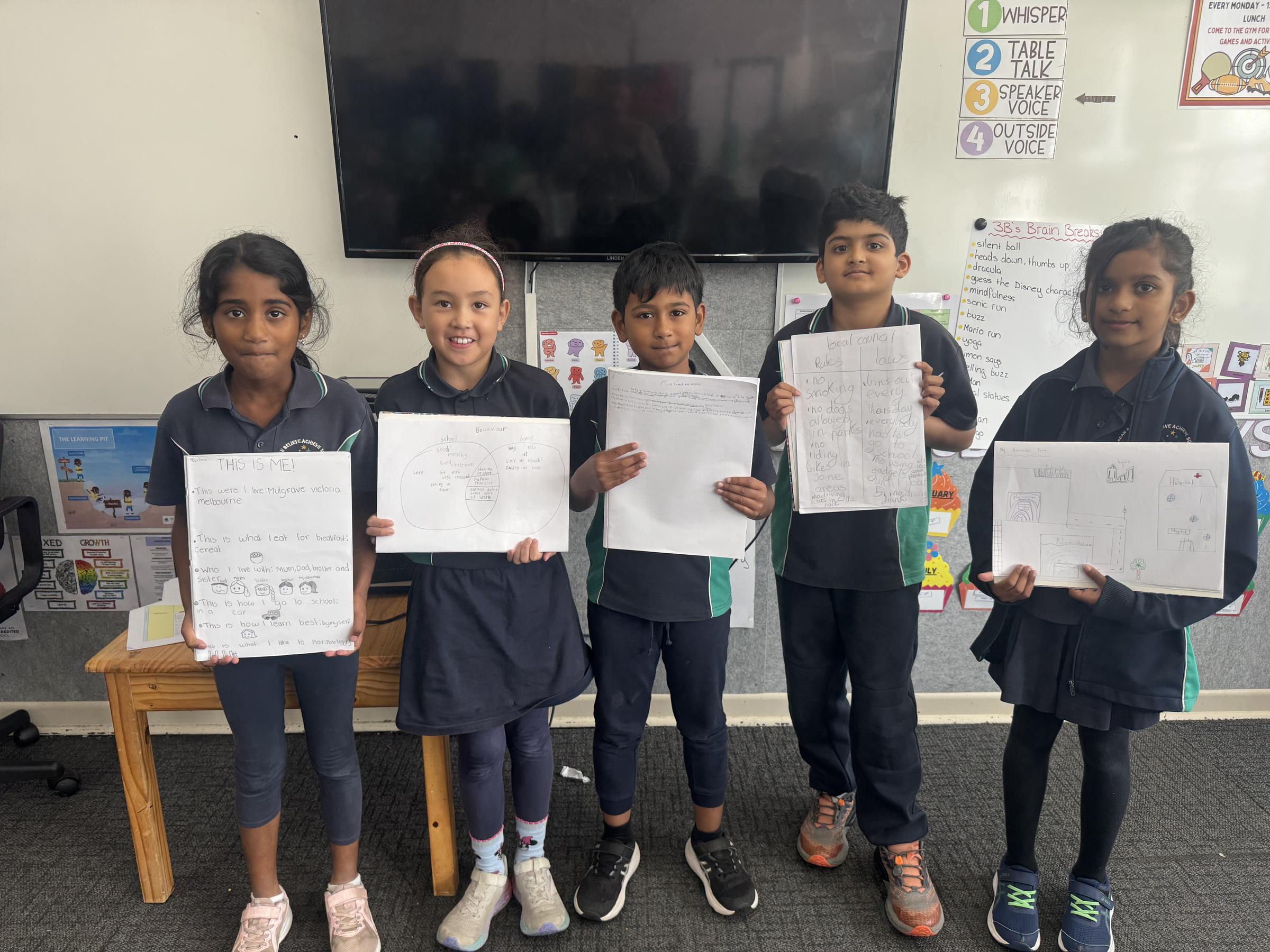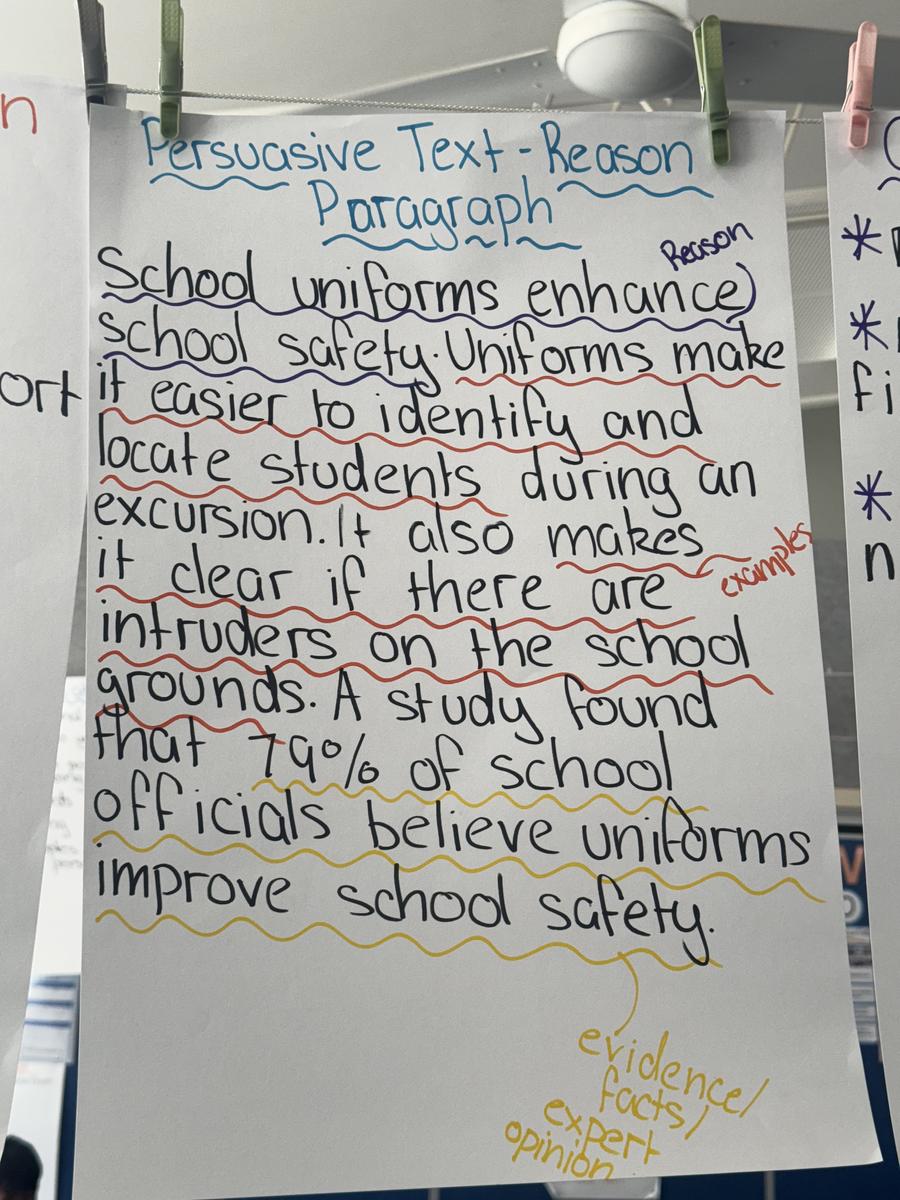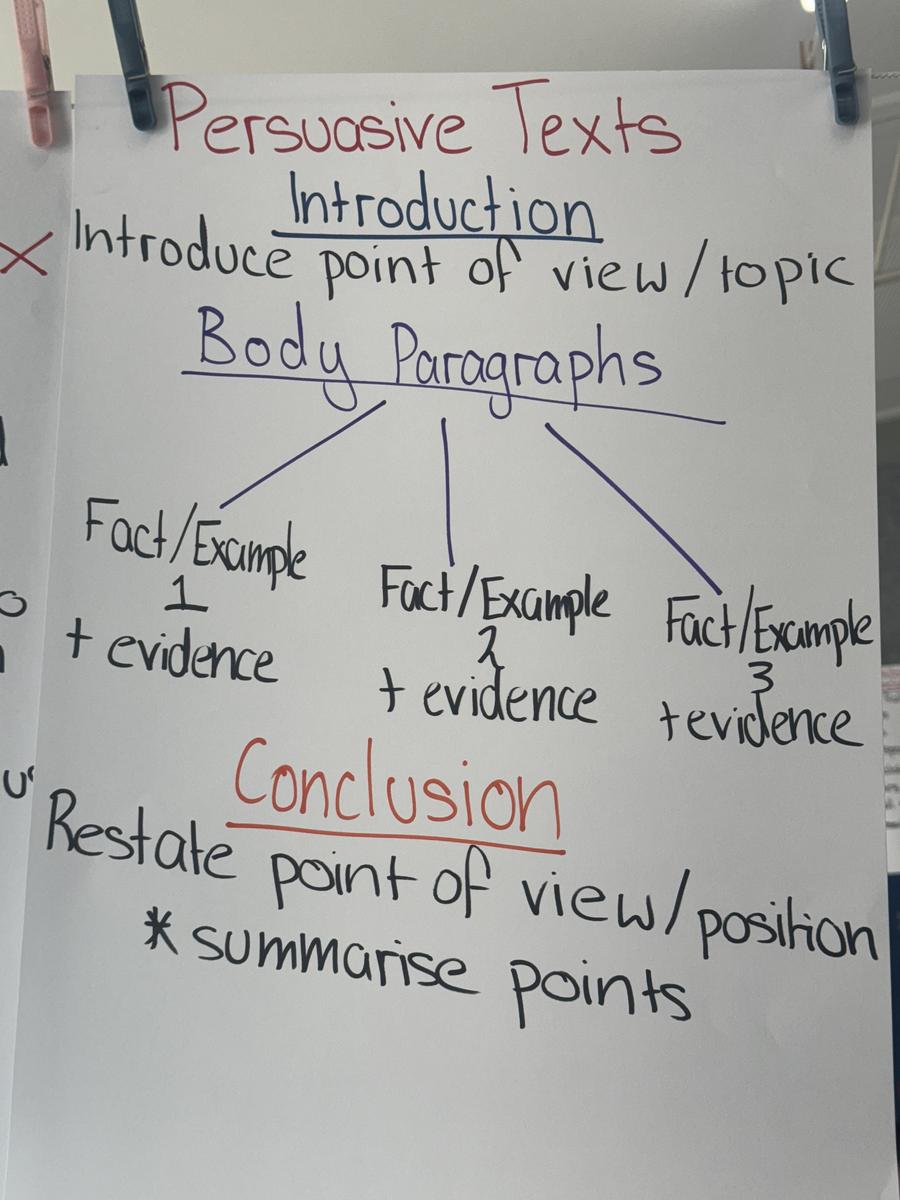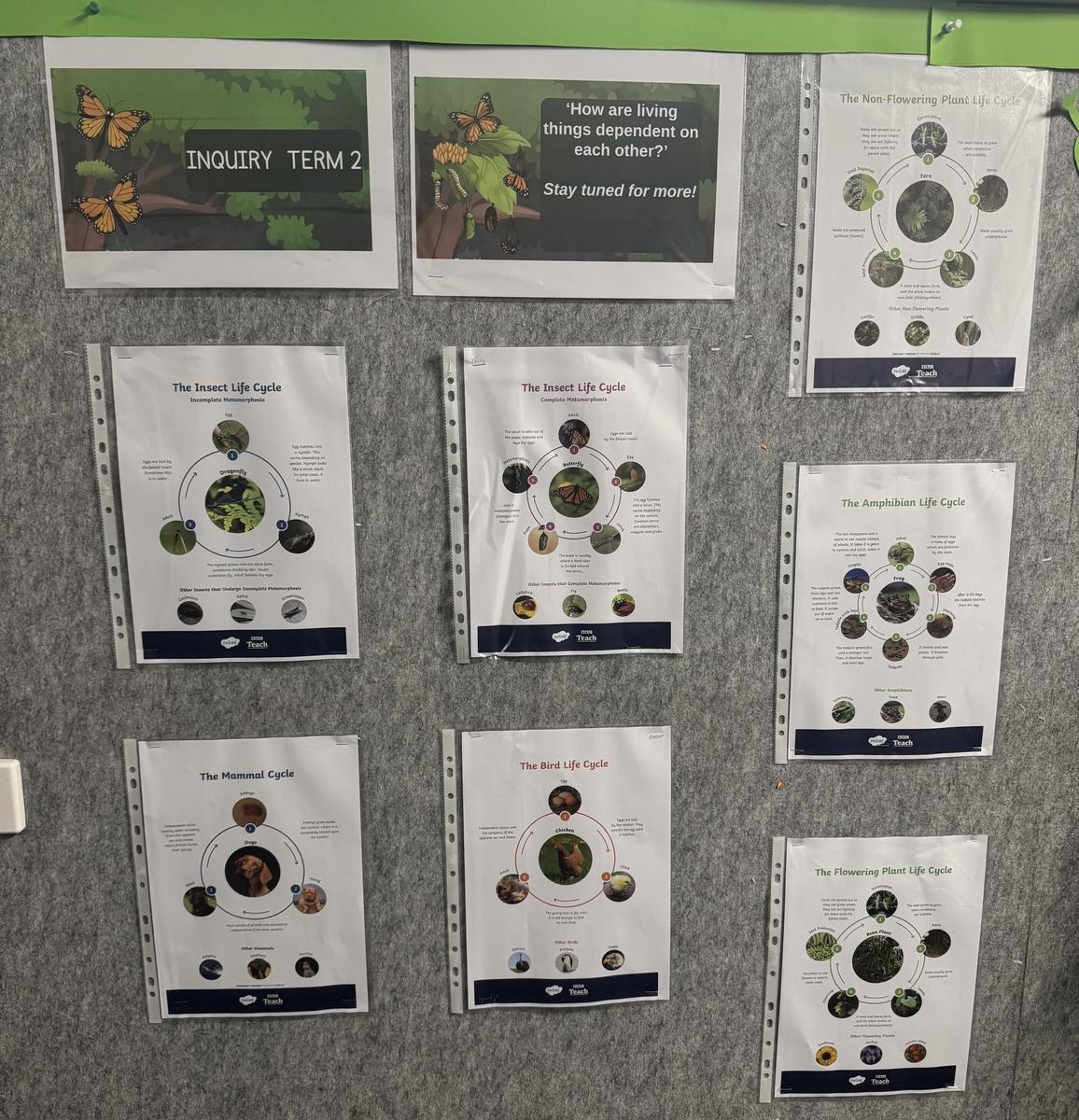Term 2 Level 3 Newsletter

English
Reading
In Reading and Viewing for Term Two, students will continue to explore persuasive texts and analyse informative texts, as well as vocabulary that impacts the audience. They will be learning about information reports, specifically their structure, text features and language used. It is important to remember that children in the modern world access texts in a range of different ways. Often, a Reading and Viewing lesson includes different texts through digital and non-digital resources.
Key Vocabulary:
- Analyse
- Informative
- Text features
- Summarising
- Index
Writing/Spelling
During Term Two, students will continue to explore Persuasive texts and learn how to write effective Information Reports using research and prior knowledge to form accurate texts. Throughout the term, they will experience the entire writing process of brainstorming, planning, drafting, editing/revising, and publishing. We will emphasise the importance of re-reading their own writing and editing/revising for meaning, clarity and better use of vocabulary. Students will continue to set personalised writing goals and reflection on their progress towards achieving their goals though regular writing conferences with their teacher to ensure every writer’s needs are catered for.
Students will continue to develop their spelling knowledge by investigating a range of spelling patterns/generalisations in our weekly spelling focus. Personalised spelling inquiries and personalised spelling words will continue to be a part of our spelling lessons to expand students’ vocabulary. Students will learn to spell words they misspelt in their writing, in addition to our weekly spelling focus. They will be encouraged to apply their spelling knowledge and vocabulary in their speaking and writing.
Key Vocabulary:
- Classification
- Description
- Facts
- Topic
- Comparison
- Conclusion
How can you support your child’s English learning at home?
- Read a variety of books (fiction/non-fiction) with your child each night. Ask them questions to check their understanding. Eg: Who are the characters? What is the main idea of the text? Is it fiction or non-fiction? How do you know? What type of information can you see?
- Encourage students to create plans for their writing using inspiration from their environment
- Help your child with practicing their spelling words. Look, Say, Name, Cover, Write and Check.
Mathematics
During Term Two, students continued to explore strategies for solving multiplication and division problems by utilising mental strategies and concrete materials. They investigated telling time to the minute and calculating elapsed time. When exploring length, students estimated and calculated the length of different objects. They represented unit fractions in various ways and connected them to wholes. In Statistics, students formulated purposeful questions to collect and interpret categorical and discrete data, displaying their findings in digital and non-digital graphical representations.
Key Vocabulary:
- Multiply
- Divide
- Elapsed time
- Unit fractions
- Discrete and categorical data
- Estimating
How can you support your child’s Mathematics learning at home?
- Plan a daily timetable at home together, writing down times that students complete certain tasks and estimating how long it will take them do a task, such as brushing their teeth or eating breakfast.
- Estimate the lengths of objects at home or when out shopping.
- Identify unit fractions in real life, for example taking note of halves, quarters and thirds in cooking recipes.
Inquiry
Question: How are living things dependent on each other?
Throughout Term Two, Level Three students will investigate the Inquiry question ‘How are living things dependent on each other?’. The students will explore how their personal decision-making can impact the world around them, identifying various positive and negative effects that humans have on the environment. They will deepen their understanding of living, once living and non-living things. Students delve into life cycles of different plants and animals and develop an understanding of the regularity and predictability of cycles. Students describe relationships that assist the survival of living things and how this impacts life cycles. They investigate a chosen issue in their local environment and design and create solutions to have a positive impact on their local flora and fauna.
Key Vocabulary:
- Flora
- Fauna
- Ecosystem
- Deforestation
- Extinctions
- Dependent
- Sustainability
How can you support your child’s Inquiry learning at home?
- Go on a nature walk and notice the different native flora and fauna that can be seen.
- Encourage time in nature and appreciate different habitats.
- Discuss different solutions that could support the thriving of native flora and fauna.
Wellbeing
During Term Two, students will be delving deeper into The Resilience Project. We will continue learning about Gratitude, Empathy, Mindfulness and Emotional Literacy. We will conduct GEMEL chats and have discussions around how we can create a positive wellbeing and build resilience. We will learn about the school values of Integrity, Respect, Initiative and Global Empathy and how these four values are followed in the classroom and throughout the school. We will explore, discuss and demonstrate the expectations of behaviour.
Key Vocabulary:
- Resilience
- Respect
- Gratitude
- Empathy
- Mindful
- Emotional literacy
How can you support your child’s Wellbeing learning at home?
- We also encourage parents and families to have GEMEL chats at home. For example, what has made you smile today?
- Ask your child what they have been learning about in TRP learning time.
- Ask them how they have shown gratitude, empathy and mindfulness at school.
Cyber Safety Project
Students will continue their journey into cyber safety by developing essential skills to navigate the online world safely and responsibly. Through engaging lessons and discussions, they will learn how to identify reliable websites and sources, recognise scams, and understand the importance of protecting personal information such as passwords and contact details. They will also explore strategies for maintaining respectful digital communication, managing screen time, and knowing what to do if they encounter unsafe or uncomfortable situations online. These lessons aim to empower students to make informed decisions and become responsible digital citizens.



